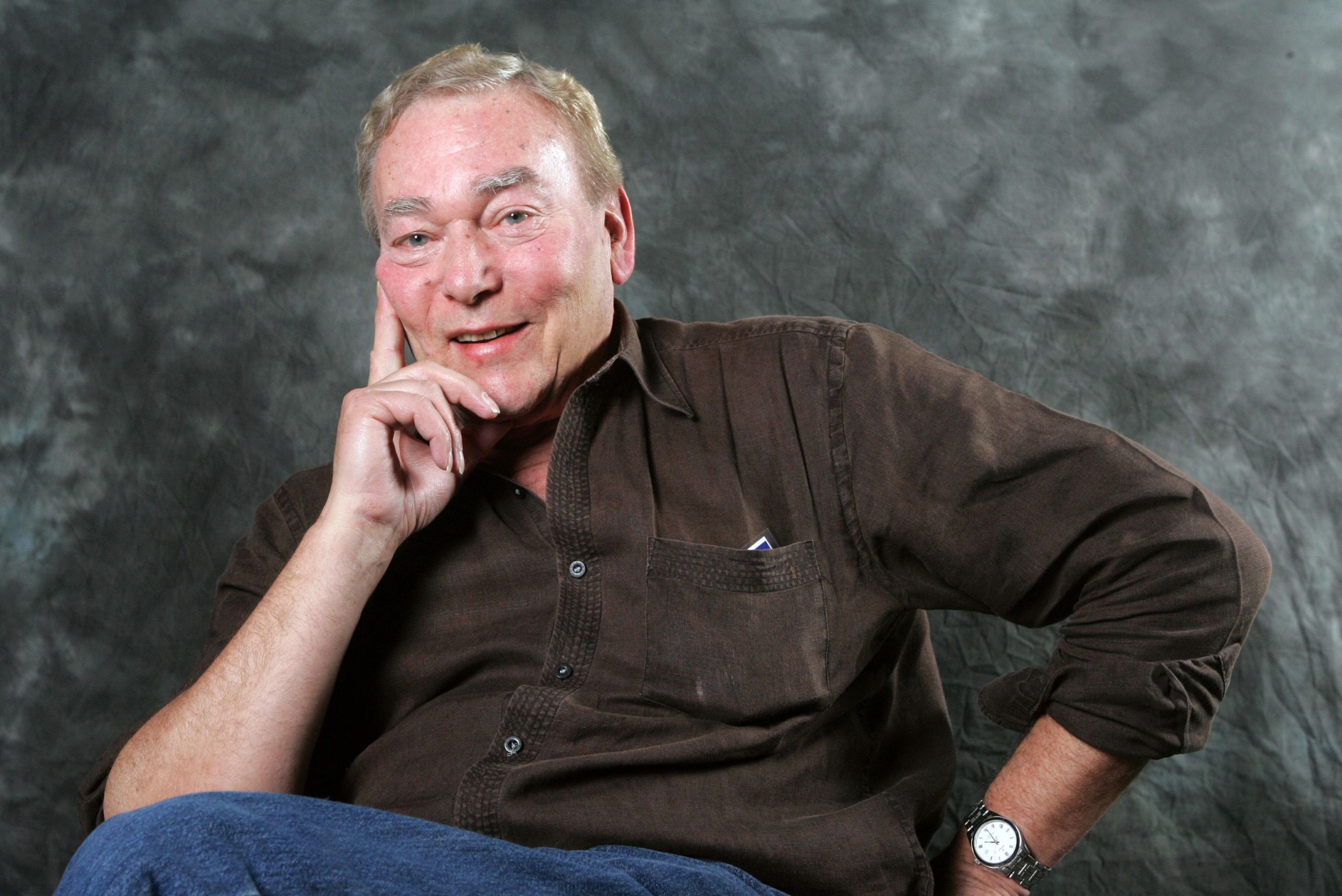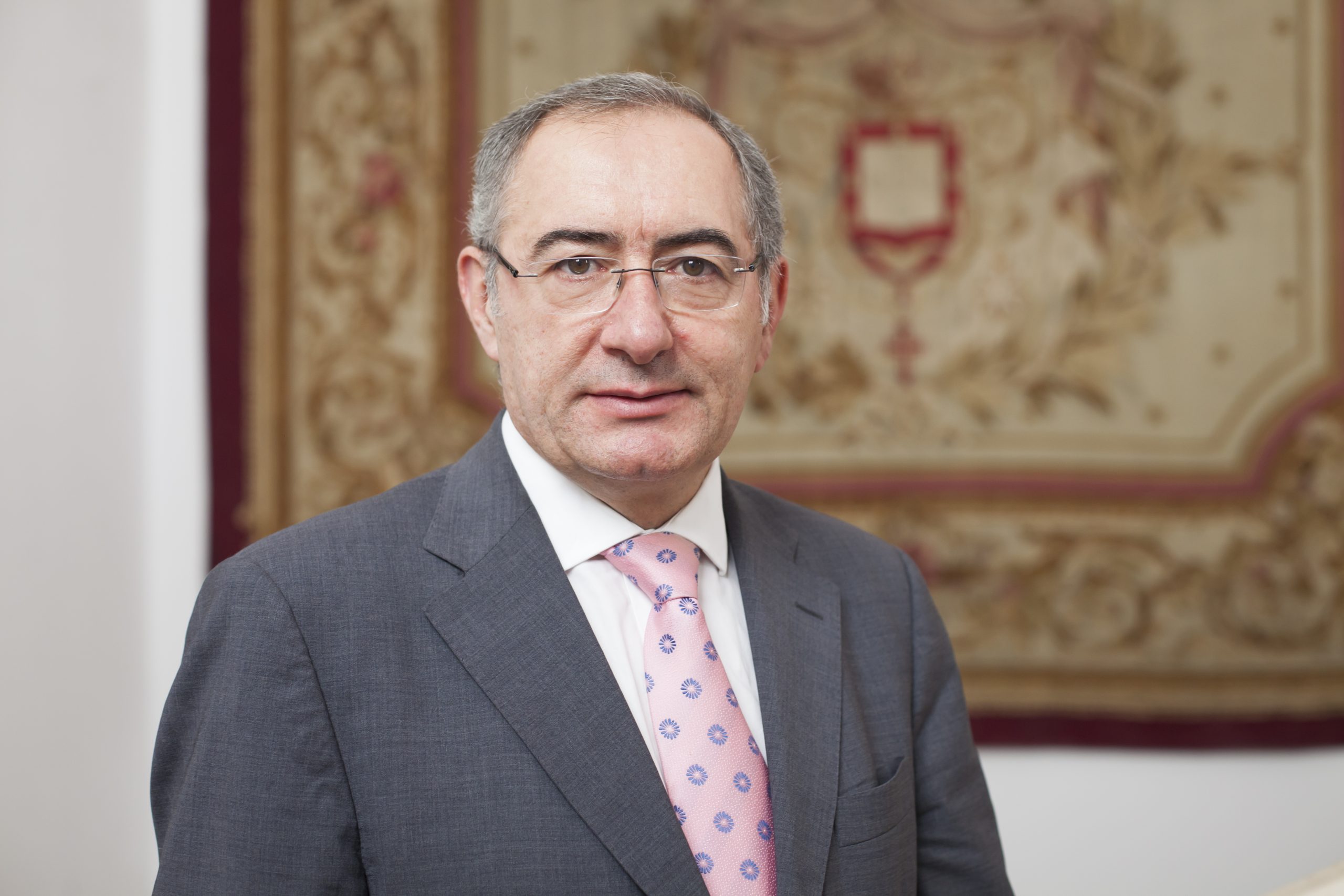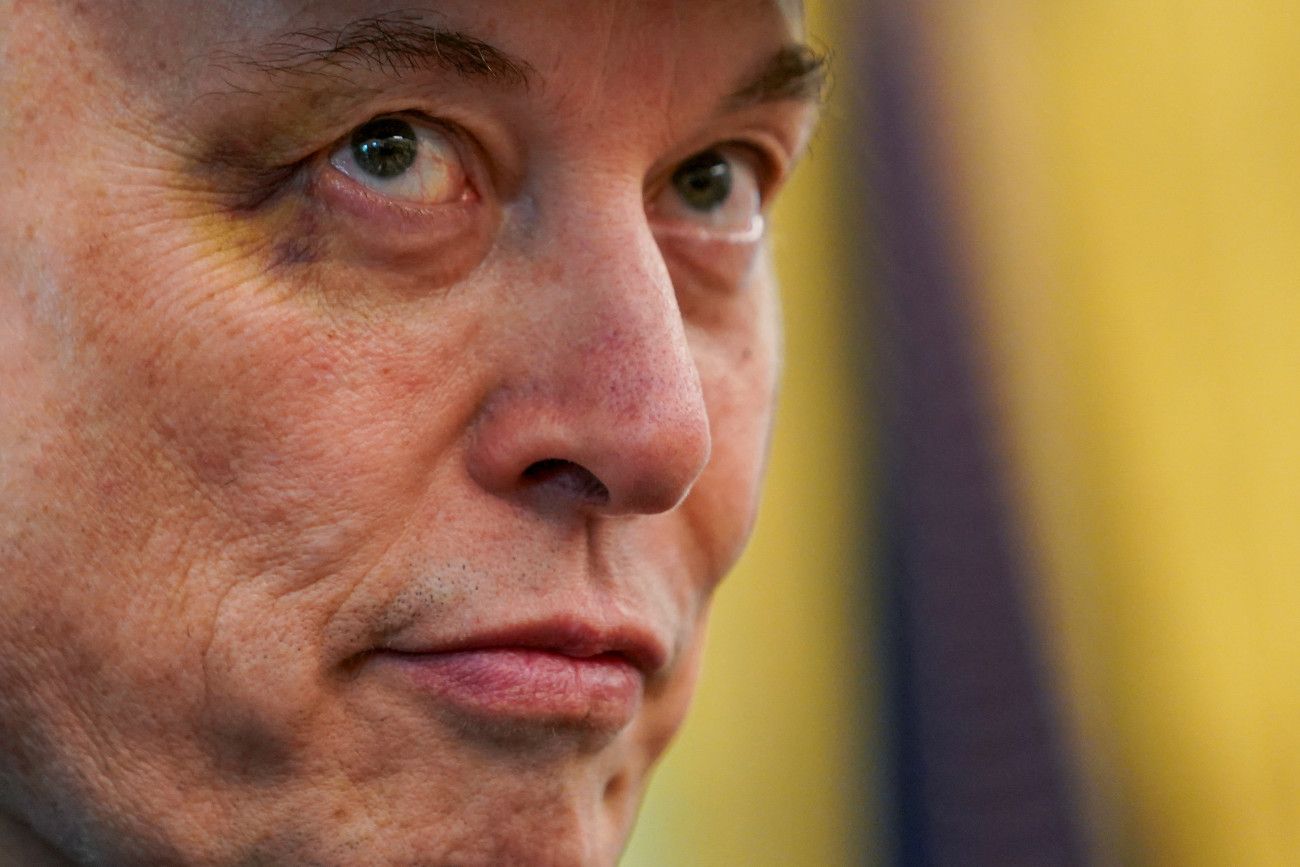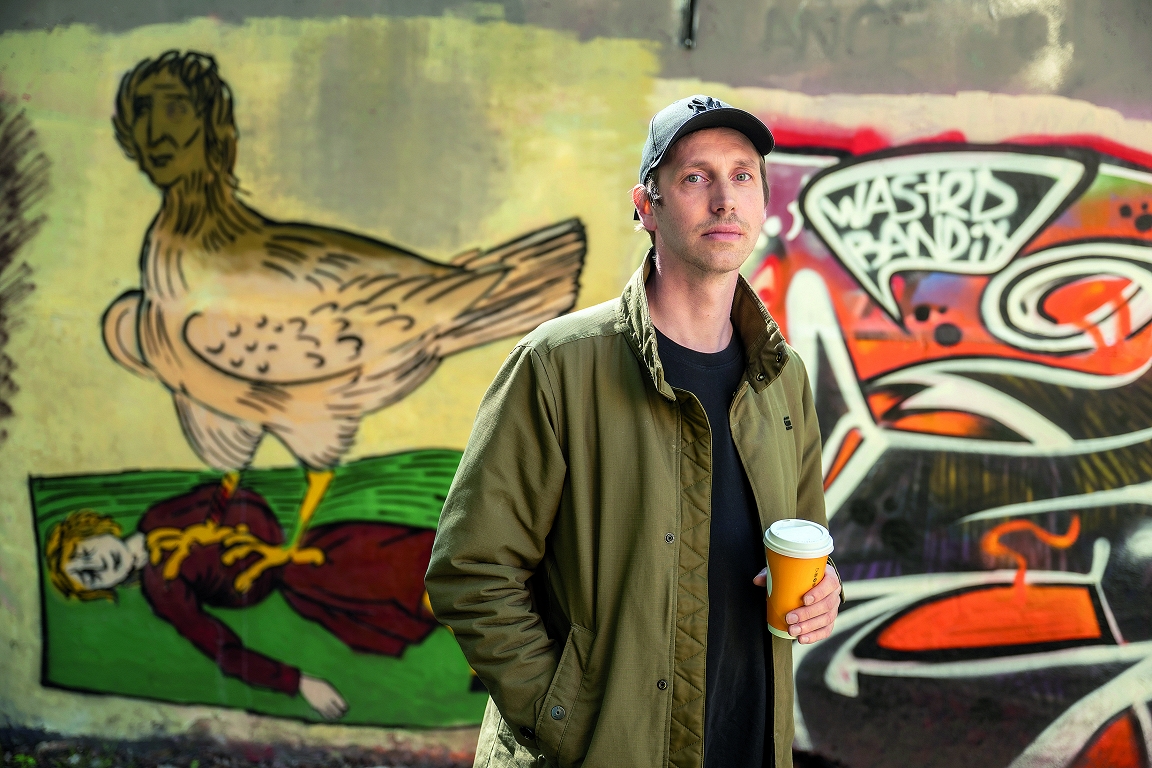Yves Boisset. The ‘Combat Director’

There was a time when many of the great artists were not only committed to a sentimental education, but to the civic formation of the public, they assumed a set of causes, surrendered to the conflict, and Yves Boisset was from the filmmakers who most made this line, to the point that Nouvel Observateurin the 1970s, having it praised it as «The most censured man in France». The director behind films like The attack (1972), Dupont Lajoie (1975) or Judge Fayard – ‘The Sheriff’ (1977), he hit power, systematically denouncing his abuses. From the Algerian War to the murder of the Moroccan opposition leader Ben Barka, passing through the collusion between the political circles and the underworld of crime, his cinema hurt, uneasiness, revolted. It was really a danger, and a sign of this, one of his greatest distinctions was the way he was in the sights of the far right leader Jean-Marie Le Pen and his allies. He died on Monday at the age of 86, after several days admitted to the French-British hospital of Levallois-Perret.
Born on March 14, 1939, in Paris, his indomitable spirit was inculcated early on, being the son of teachers. Created on a farm, his father was the epitome of social mobility during the third republic: he ended his career as inspector general of public instruction after teaching literature (French, Latin, Greek). Your mother was a German teacher. He was 8 years old when a tragedy taught his family: his younger brother swallowed an adult medicine that his maternal grandfather had left sight, and died. This left him a strong sense of injustice that he would exorcise throughout his life.
He began his journey as a film critic, before collaborating with notable directors such as Bertrand Tavernier and Jean-Pierre Coursodon in the book Vingt ANS of Cinéma Américain. Would debut in the realization in 1968 with Coplan Sauve Sa Peaua light spy movie that prepared the terrain for its most serious later works. Over the following decade he has made ten films, and established his reputation as a filmmaker committed to the most controversial and often taboo themes.







